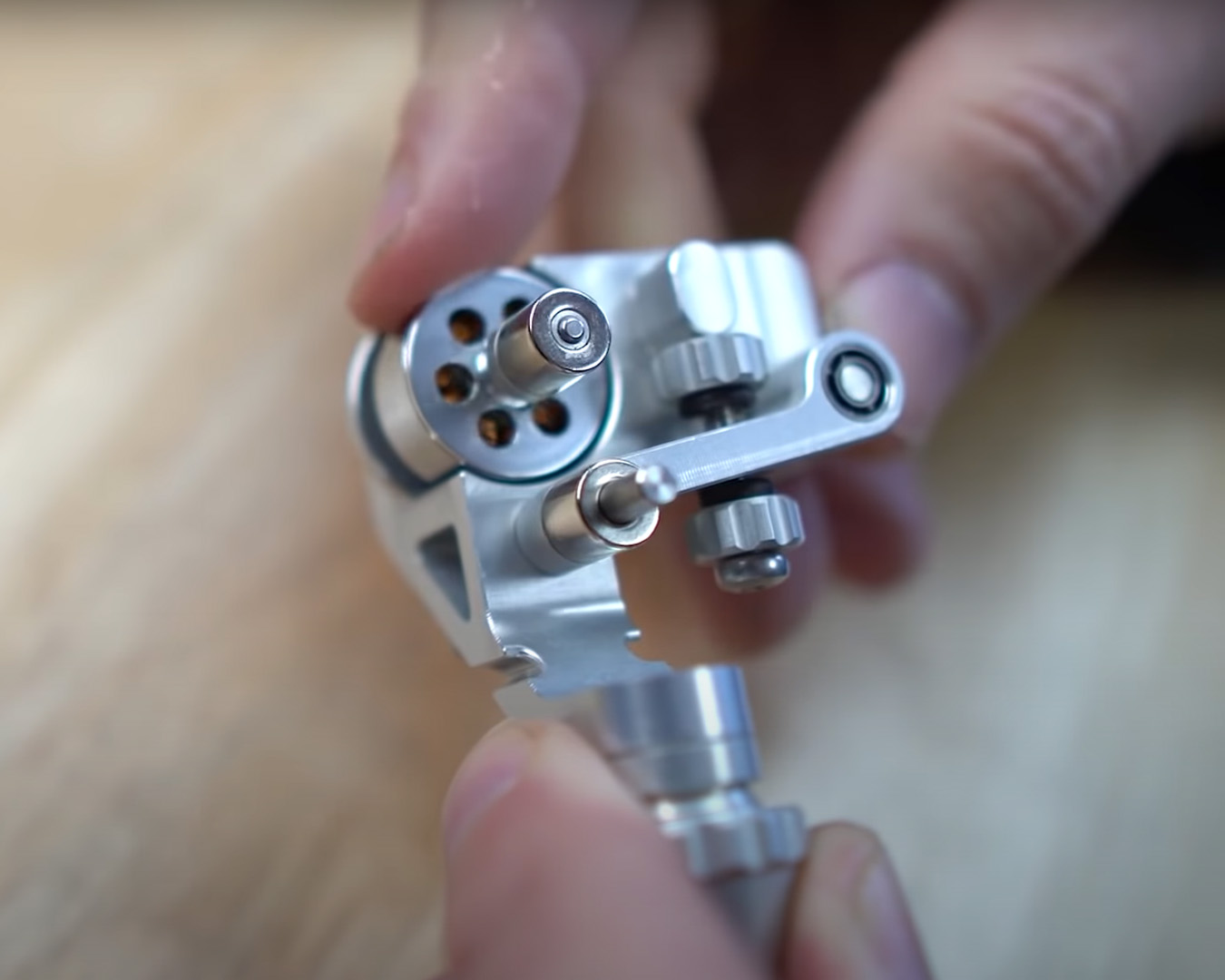You Don’t Have To Be A Mechanic To Run A Rotary Machine - Carson Hill

You Don’t Have To Be A Mechanic To Run A Rotary Machine
[21:32] “I always had trouble keeping my coils perfectly tuned, they were always a little erratic and unpredictable. And the best ones for some reason are heavy. Probably because their made from brass or iron and those work better than aluminum [for stability]”
— Carson Hill
Nothing beats the precision and tactile feedback offered by a finely tuned coil machine, but the maintenance of such machines can be quite challenging, especially for those less “mechanically inclined”. These devices can be rather erratic, heavy, and less ergonomic, influencing the overall tattooing experience. Prolonged exposure to the machine's vibrations could lead to potential nerve damage unless proper hand exercises are consistently applied.
On the other hand, the pen-style rotary machines, with their ergonomic design and consistent performance, hold an advantage over the traditional coil counterparts. The less complex nature of rotary machines, in comparison to the technical demands of coil machines, likely contributed to the resurgence of rotary devices. This shift made tattooing more accessible to a broader spectrum of artists, allowing them to focus on honing their artistic craft rather than wrestling with the intricate mechanics of coil machines. It's akin to the distinction between an automatic and a manual transmission.

